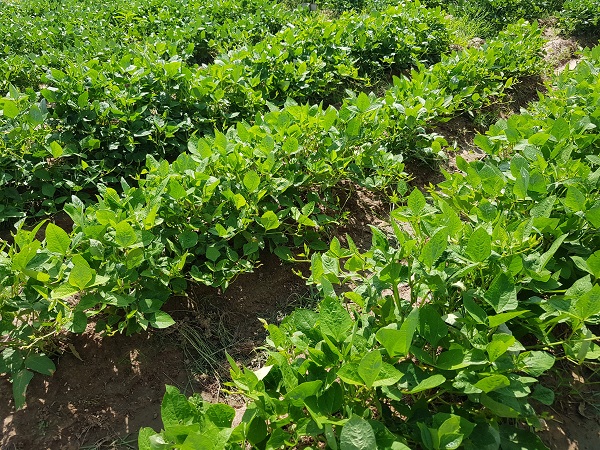
USAID has said Nigeria’s commercialization of pod borer resistant cowpea otherwise called SAMPEA 20-T is a tremendous progress in applying innovative approaches to advance its food security.
The general development officer, Biotechnology Specialist USAID Bureau for Resilience and Food Security Center for Agriculture-led Growth, Dr. Faith B. Tarr, stated this at the launch/unveiling of the new variety in Kano, saying the achievement had advanced “Nigeria’s capacity to harness science, technology and innovation to sustainably improve livelihoods and nutrition. It also demonstrates that research investments can support innovation systems to deliver a pipeline of new tools and approaches that improve agriculture, food security, and resilience in the face of complex, dynamic challenges that Nigeria may face in the future.
“We celebrate the completion of a critical stage within a continuous, interactive process by which new food security innovations are developed, disseminated, adopted, and used in order to enhance prosperity, resilience, and nutrition.”
SAMPEA 20-T is a new beans variety bred to resist the notorious insect pest Maruca Vitrata that causes up to 80 per cent yield loses on the farm by scientists at the Institute for Agricultural Research, Ahmadu Bello University, Zaria.

According to her, with this nutritious crop that resists insect pests, farmers will be able to significantly reduce pesticide applications and harvest bigger yields, supporting the nation’s economic development and food security while improving farmers’ livelihoods.
She counselled that in order for the new innovation to ultimately yield maximum impact, Nigeria must not only supply new technologies, but also strengthen the enabling system of organizations, relationships, and processes that enable their dissemination and stewardship.
The organization commended AATF and the scientists at the Institute for Agricultural Research who led development of the genetically modified crop as well as the local entrepreneurs who would make the seed accessible to farmers, and the farmers who provided feedback throughout the breeding and testing process for supporting Nigeria’s trailblazing efforts with pod borer resistant cowpea.
“Nigerians have realized more equitable access to the full toolkit of modern agriculture ― expanding the options available to innovators and farmers to address local food security and development priorities,” she added.


